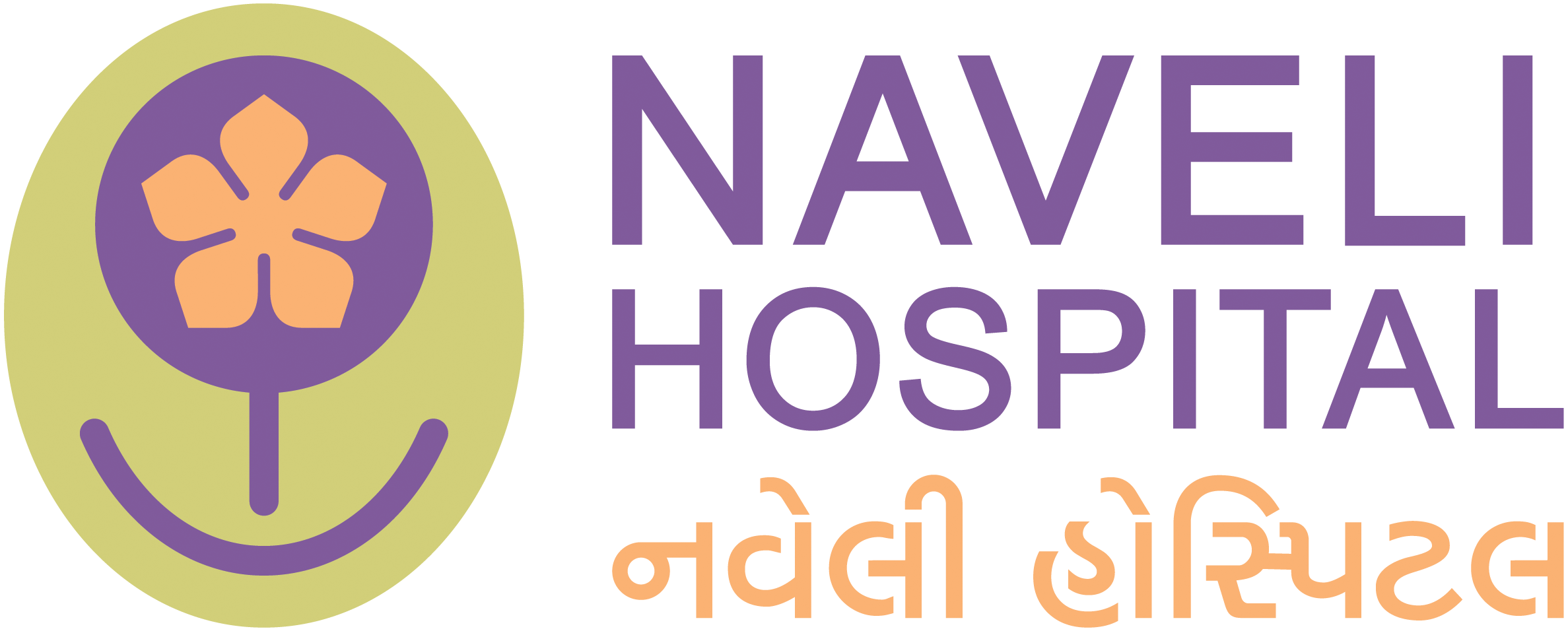Spinal Cord Injury
A spinal cord injury damages the spinal cord itself or nearby tissues and bones. Depending on the severity of the injury, you may lose function or mobility in different parts of your body. Treatments include surgery, medication and physical therapy. A newer approach looks to tap working nerves.
What is a spinal cord injury?
The spinal cord relays messages between the brain and the rest of the body. Layers of tissue called meninges and a column of vertebrae (spinal bones) surround and protect the spinal cord. Most spinal cord injuries come from a sudden, traumatic blow to the vertebrae. The fractured (broken) bones then damage the spinal cord and its nerves. In rare cases, an injury can completely sever, or split, the spinal cord.
How does a spinal cord injury affect the body?
The body loses many essential functions if an injury means nerves can’t communicate with the brain. A damaged spinal cord can affect:
- Bladder and bowel (intestinal) function.
- Breathing.
- Heart rate.
- Metabolism, or the body’s process of converting food into energy.
- Muscle movement.
- Reflexes.
- Sensations.
Is a spinal cord injury the same as a back injury?
A spinal cord injury isn’t the same as a back injury. Back injuries may damage bones or soft tissues in the spine, but they don’t affect the spinal cord.
What are the types of spinal cord injuries?
Spinal cord injuries can be complete or incomplete (partial):
- Complete: A complete injury causes total paralysis (loss of function) below the level of the injury. It affects both sides of the body. A complete injury may cause paralysis of all four limbs (quadriplegia) or the lower half of the body (paraplegia).
- Incomplete: After an incomplete injury, some function remains on one or both sides of the body. The body and brain can still communicate along certain pathways.
How do spinal cord injuries happen?
Some possible causes of spinal cord injuries (from most to least common) include:
- Motor vehicle accidents.
- Falls.
- Gunshot wounds.
- Sports injuries.
- Surgical complications.
What are the symptoms of a spinal cord injury?
Spinal cord injury symptoms depend on the type (complete or incomplete) and location of the damage. Get immediate medical attention if you notice any of the following issues after an injury:
- Weakness in the arms and or legs.
- Decreased sensation in the arms and or legs.
- Loss of bladder or bowel control.
- Severe pain or pressure in the neck or back.
- Unusual lumps along the spine.
- Difficulty breathing.

